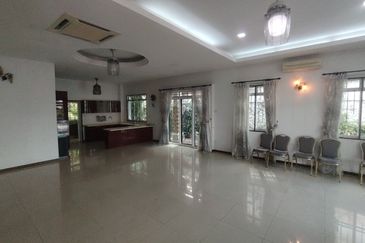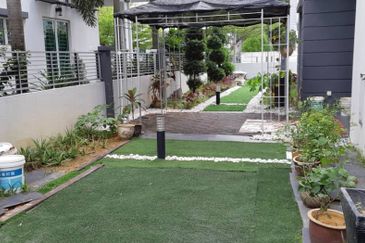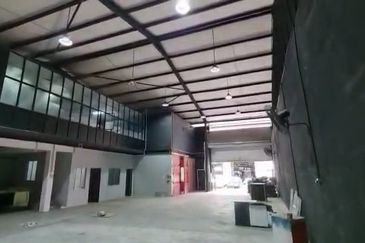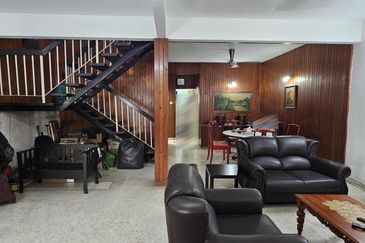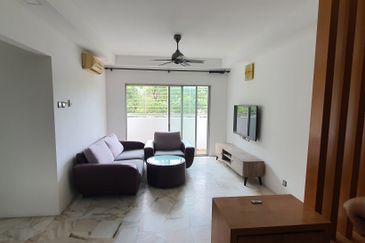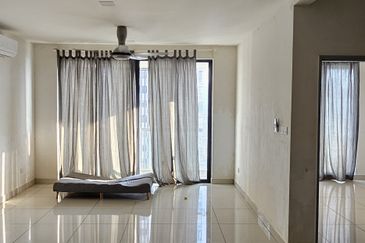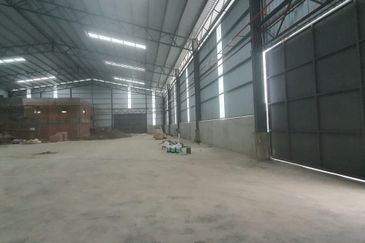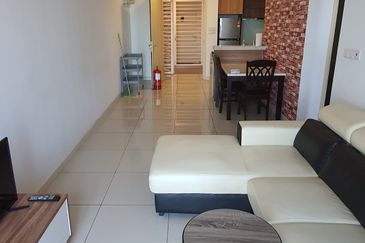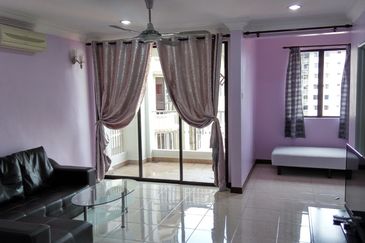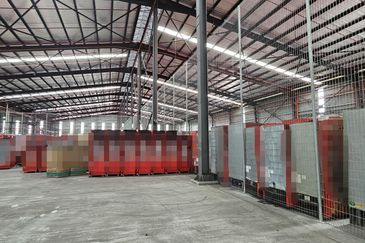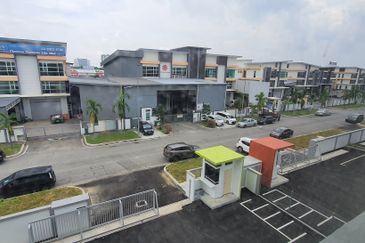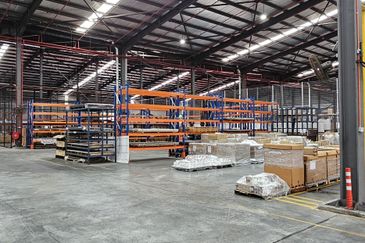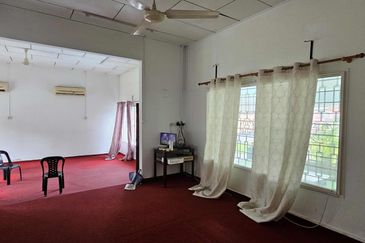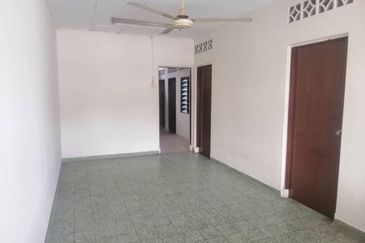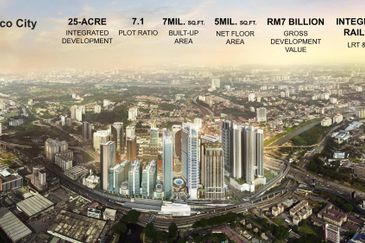
- This guide offers essential tips for first-time homebuyers in Malaysia to navigate the process, from assessing your finances to choosing the right property.
In Malaysia, the property market offers a wide array of choices, from high-rise to landed homes, each with its unique appeal. Buying your first home is an exciting milestone, but it can also feel overwhelming. With so many property options, financing choices, and hidden details, making the right decision requires thorough planning and research.
This guide offers essential first-time homebuyer tips in Malaysia to help you navigate the process confidently. From assessing your finances to choosing the perfect property, here are the steps to buying a house in Malaysia for first-time buyers.
Step 1: Assessing your financial readiness
Budgeting for your first home
The first step in buying your first home in Malaysia is understanding your budget. Calculate how much you can afford by considering your income, monthly expenses and savings. This ensures you won’t overextend yourself financially.
Tools like online mortgage calculators can provide a clear picture of your potential loan amount. For example, if you’re eyeing for condominiums in Mont’Kiara, consider the initial down payment and monthly mortgage repayments. It varies for different properties in different locations.
Hidden costs to consider
When preparing your budget, factor in hidden costs beyond the purchase price:
Stamp duty: a mandatory payment for property ownership transfer
Legal fees: for documentation and contracts
Maintenance charges: especially for high-rise properties
Renovation and furnishing costs: can vary depending on the interior you're going for, as well as the quality of finishes and materials you choose
Home loan eligibility
Understanding your loan eligibility is crucial for first-time buyers. Banks consider factors such as your income, credit score and debt commitments.
Familiarise yourself with government schemes such as My First Home Scheme (Skim Rumah Pertamaku) to ease your journey.
Emergency funds
Purchasing your first home is a significant financial commitment, but the expenses don’t stop at the purchase price. Once you’ve settled into your new home, you may face unforeseen costs such as urgent repairs that can strain your budget. This is where having a well-planned emergency fund becomes essential. Aim to set aside at least 3-6 months’ worth of expenses as a safety net.
Step 2: Choosing the right type of property
One of the biggest decisions is whether to buy or rent. While renting offers flexibility, buying your first home in Malaysia gives you long-term stability and an appreciating asset. When deciding on a property, consider:
New vs subsale properties: New homes often feature modern designs but may take a few years to complete. Subsale homes are ready to move into and are typically located in established areas.
High-rise vs landed homes: High-rise properties usually offer facilities like pools and gyms, while landed properties provide more privacy and space.
Leasehold vs freehold: Leasehold properties have ownership limits (usually 99 years), while freehold properties allow indefinite ownership of the property’s land.
Before signing any agreements, conduct a thorough inspection of the property. Look for structural issues such as cracks, leaks or poor finishes. Next, verify all legal documentations, including land titles and permits. Be sure to also check the surrounding infrastructure, such as road access and public transport links.
Step 3: Selecting the ideal location
When it comes to how to choose a property in Malaysia, location is one of the most critical factors. The right location not only enhances your quality of life but also determines the long-term value and resale potential of your property. Here are the essential aspects to evaluate when selecting a location for your first home:
a. Proximity to work and amenities
Living close to your workplace, your children’s schools, and essential services can save you valuable time and money. Consider the following when assessing proximity:
Workplace accessibility: A property near your office reduces commuting stress and transportation costs. For example, properties in areas like Kuala Lumpur are well connected to business hubs.
Schools and education: If you have or plan to have children, ensure reputable schools are nearby.
Healthcare facilities: Proximity to hospitals or clinics can be crucial during emergencies.
Shopping and recreation: Homes that offer easy access to malls, supermarkets, entertainment centres and recreational parks can enhance your lifestyle, such as those in areas like Bukit Jalil.
b. Neighbourhood safety
Safety is a top priority for any homeowner. A safe neighbourhood provides peace of mind and supports community living. To assess safety, look for areas with active resident associations or gated communities that ensure a secure and cohesive environment. Ensure the streets and common areas are well-lit and easily accessible.
c. Future development
The future development plans of an area can significantly impact its property value and liveability. New highways and public-transit-line upgrades can boost connectivity and demand for properties in the area. Upcoming shopping malls, office spaces, or residential projects can enhance the appeal of your neighbourhood too.
Step 4: Understanding property market trends
Current market conditions
Knowing whether it’s a buyer’s or seller’s market can help you secure better deals. For instance, a high demand for Cheras condos might affect pricing, while other areas may offer more negotiation opportunities.
Property value appreciation
Consider properties with high potential for appreciation, such as those near upcoming infrastructure projects. For example, Bukit Jalil properties have seen steady value increases due to new developments and improved connectivity.
Rental demand
Understanding rental demand, even if you’re buying for self-occupation, is crucial, as it affects the potential value of your investment. For instance, Johor Bahru apartments are popular for their rental potential among expatriates and locals.
Step 5: Engaging the right professionals
A knowledgeable agent can simplify the buying process, particularly in high-demand areas. They offer insights into the market, negotiate on your behalf, and help identify the best deals.
Secondly, property transactions in Malaysia involve legal complexities. A conveyancing lawyer ensures all documents are in order. Besides that, it is also vital to engage with a reliable home inspector to identify structural issues or hidden defects before purchasing your new home.
Step 6: Checking for legal and compliance issues
Master title vs individual title
Properties under a master title are often tied to a larger plot of land that has not yet been subdivided. This is common for high-rise developments or gated communities still under the developer’s management. On the other hand, an individual title indicates ownership of a specific piece of land or property. It is more straightforward for legal purposes and gives homeowners full control over their properties.
Strata title properties
Strata properties come with shared facilities like swimming pools, gyms and parks. As a result, owners are required to pay monthly management fees for the upkeep of these facilities. Before purchasing a strata property, inquire about the management's efficiency, the maintenance fee structure, and the overall condition of shared facilities.
Developer reputation
When considering new property developments, the reputation and track record of the developer play a vital role in ensuring a smooth buying experience. Established developers maintain a consistent standard of construction, ensuring fewer structural defects and better finishes. Research the developer’s portfolio to assess the success and quality of their previous developments. Look for online reviews, awards or industry recognition to gauge their reliability.
Step 7: Viewing and inspecting properties
Viewing and inspecting properties is a critical step in the homebuying process. It ensures that the property meets your expectations and aligns with your lifestyle and financial goals. Whether you’re considering a new development or a subsale property, taking the time to thoroughly evaluate the space is essential to avoid costly surprises later.
Evaluate properties for layout efficiency, natural lighting and ventilation. Look out for issues such as poor construction quality, water damage or signs of neglect. If in-person visits are not feasible, maximise the potential of virtual tours.
Step 8: Planning for the long term
Your first home is also a financial investment. If you plan to have children, consider a property with enough bedrooms and communal areas. A property with strong resale value ensures that if you decide to sell in the future, you can benefit from a good return. Owning a home comes with recurring expenses that need to be factored into your long-term financial planning. These include regular upkeep of your home or replacing fixtures to keep the property in good condition.
Complex but rewarding journey
Buying your first home may be complex, but it is a rewarding journey. By following this guide to buying a house in Malaysia, you can confidently navigate the process and avoid common pitfalls. Take your time, consult professionals, and make an informed decision to ensure your first home is the right one for you. Start your journey today by assessing your financial readiness and exploring the property market. Your dream home awaits!
EdgeProp.my is currently on the lookout for writers and contributors to join our team. Please feel free to send your CV to [email protected]
Looking to buy a home? Sign up for EdgeProp START and get exclusive rewards and vouchers for ANY home purchase in Malaysia (primary or subsale)!
TOP PICKS BY EDGEPROP
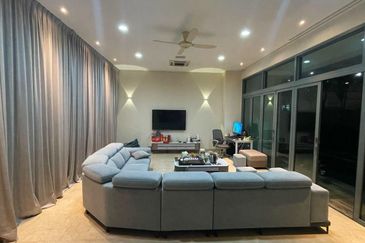
The Residence, Mont Kiara
Mont Kiara, Kuala Lumpur
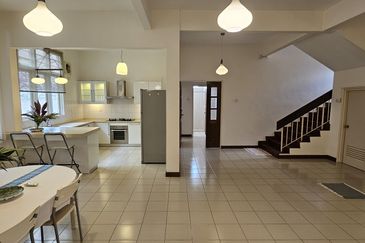
Damansara Heights (Bukit Damansara)
Damansara Heights, Kuala Lumpur

Taman Perindustrian USJ 1
Subang Jaya, Selangor


